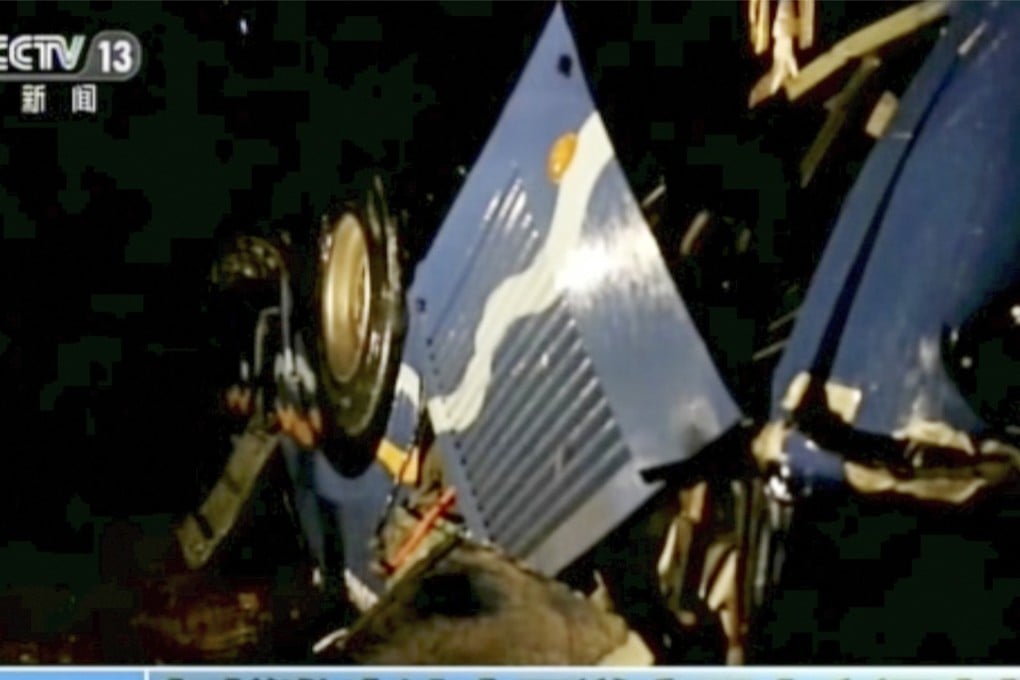32 Chinese tourists killed in North Korea bus crash were on ‘red tour’ marking Communist Party’s Korean war role
Trip to ‘commemorate Chinese combatants’ was organised by Xinghuo, a tour company formed by sympathisers with a Maoist rebel group

The 32 Chinese and four North Korean officials who were killed in a bus crash in North Korea were part of a “red tour” commemorating the Chinese Communist Party’s Korean war role while observing the 65th anniversary of the war’s armistice.
Two Chinese who were seriously injured in Sunday night’s crash were sent back to China on Thursday, state broadcaster CCTV said.
No other details related to the accident’s cause or the identities of the dead were released.
The tour was organised by Xinghuo, a Beijing-based tour operator, the company confirmed to the South China Morning Post.
“The government has already taken over the company … I am just here to help handle the aftermath [of the accident],” a man who identified himself only by the surname of Yang said when he answered the Post’s call to the company on Wednesday.
The tour company was formed by people sympathetic to the cause of the Maoist rebel group Utopia, known in Chinese as Wuyouzhixiang.